7 Medicine Cabinet Essentials
Over 50? Make sure you have these items at the ready
1 of 9
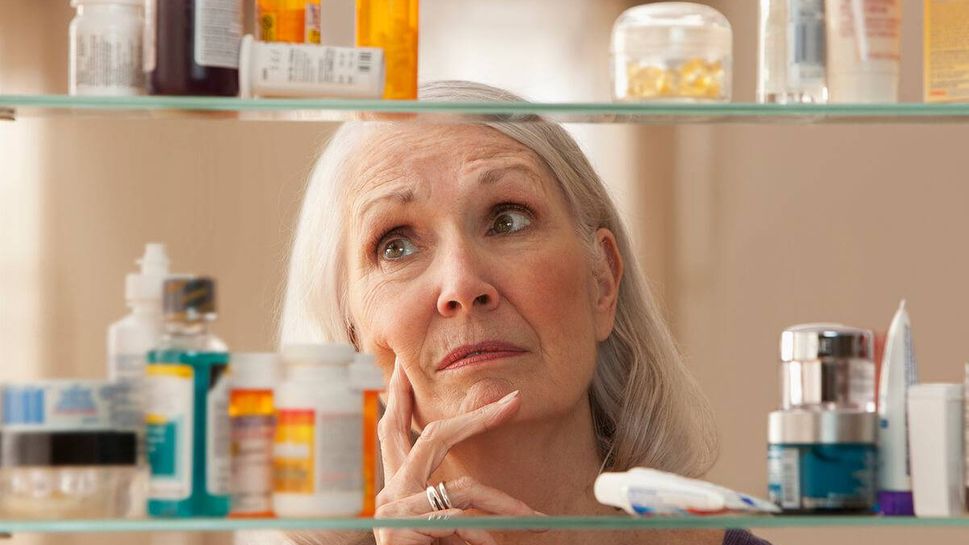
If you’ve ever rifled through your medicine cabinet wondering whether you really need all those half-empty bottles, listen up: "People over 50 should have medications that treat pain, heartburn and allergies, plus antidiarrheals and laxatives/stool softeners," says Mohammed Jalloh, a spokesperson for the American Pharmacists Association.
"Most of these medications will have store-brand versions that can help people save money at the pharmacy," says Jalloh.
What follows, then, are the necessities; anything beyond them is entirely up to you. Of course, before you take any new medication, whether it’s an over-the-counter or prescription drug, check with a doctor or pharmacist about how it will interact with food and your other medications.
(This article appeared previously on Grandparents.com)
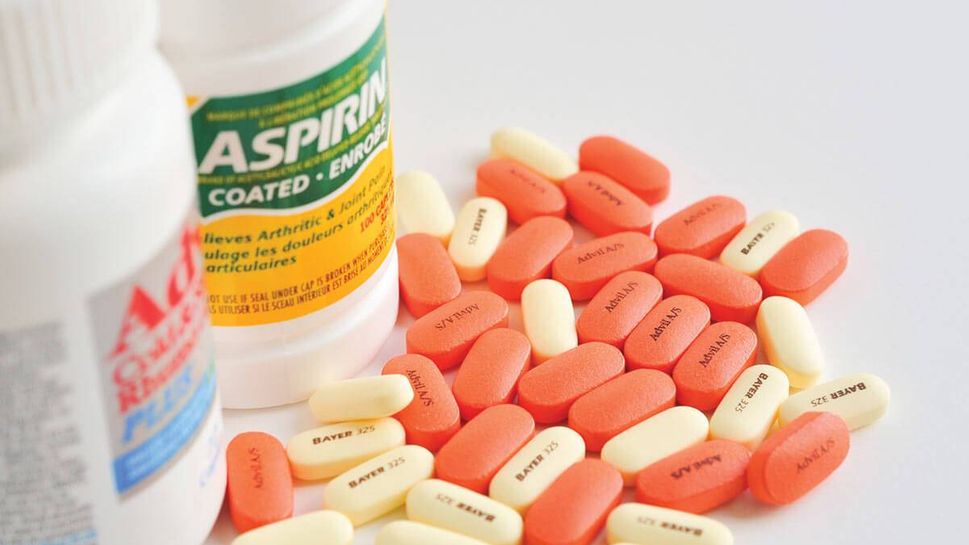
1. Medicine to Treat Pain
Whether they’re chronic or occasional, millions of Americans experience aches and pains, and they become more frequent as we age. "To generally treat pain (ex: back pain), patients should look to have 325 mg acetaminophen pills (for example, Tylenol)," suggests Jalloh.
"Patients can include acetaminophen/aspirin/caffeine (for example, Excedrin) if they are more prone to headaches — but people should avoid using at night since it can make it difficult to fall asleep," says Jalloh.
Topical creams and gels can provide extra comfort when pills don’t quite cut it. Jalloh suggests Icy Hot and Tiger Balm, liniments that relax muscles.

2. Medicine to Treat Heartburn
At least a third of Americans suffer from heartburn monthly, and Harvard Medical School estimates that 10 percent experience it almost daily.
The condition, characterized by a burning sensation in the throat and/or chest pain, is caused by stomach acid reflux, and can be more uncomfortable when you bend or lie down. Calcium carbonate tablets like Tums and Rolaids provide immediate relief, with little danger of side effects.
Sometimes, heartburn is more than it initially appears. If yours is persistent, extreme or accompanies other warning signs of a heart attack, seek medical help.

3. Medicine to Treat Diarrhea
Each year, an estimated 48 million Americans are affected by foodborne illnesses — about 20 million by noroviruses alone — and diarrhea is a primary symptom of all of them. "To treat diarrhea or an upset stomach, patients should have bismuth subsalicylate (like Pepto-Bismol)," says Jalloh. The time-tested remedy acts fairly quickly to relieve watery bowel movements, and can be purchased in liquid, chewable or caplet form.
Note that Pepto-Bismol should never be given to kids 18 and under "who have or are recovering from chicken pox or flu-like symptoms," because of the risk of developing Reye’s Syndrome. Adults suffering from chronic gastrointestinal problems should consult a doctor about use, as well.

4. Medicine to Treat Constipation
Essentially, constipation occurs when you have trouble passing a bowel movement. It’s often caused by a lack of fiber or water, certain medications and some medical conditions (among other factors), and according to the American Gastroenterological Association, "Older adults are five times more likely than younger adults to report problems."
To address the discomfort and get things moving relatively quickly, Jalloh advocates keeping a bottle of stool softener docusate (for example, Colace) around. It adds moisture to your stool, and used infrequently, is a big help.
For longer term relief, consider changing your diet, drinking more water and asking your doctor whether any constipation-causing prescriptions can be swapped out.
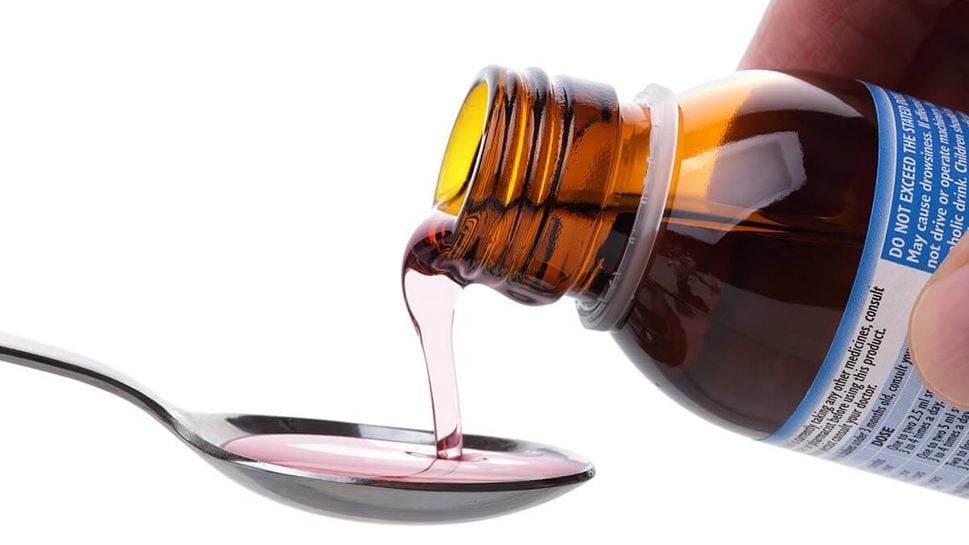
5. Medicine to Treat Coughs and Colds
When it comes to runny noses and endless hacking, over-the-counter medications can be vital to helping you function.
"For coughs and colds, use guaifenesin (Robitussin) to make it easier to get rid of mucus and dextromethorphan (Delsym) for getting rid of a dry cough," suggests Jalloh.
Remember to use remedies that treat only the symptoms you’re suffering from, and beware of combining acetaminophen with cold medications containing acetaminophen (including NyQuil) as it can lead to overdose; it’s estimated 30,000 people per year go the emergency room for that reason.
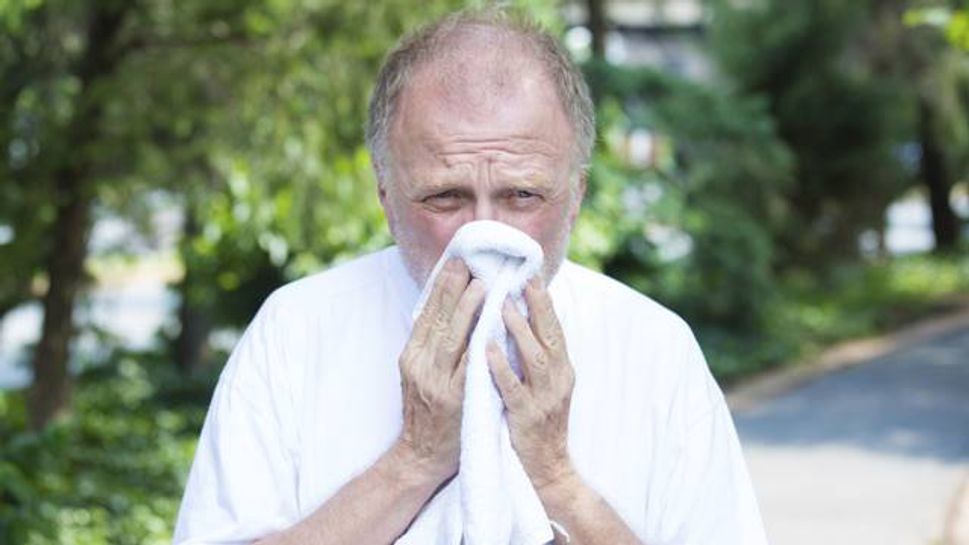
6. Medicine to Treat Allergies
"To treat allergies throughout the body, patients should have loratadine (ex: Claritin)," says Jalloh. "I like Claritin since it is relatively safe and commonly used/recommended. However, any over-the-counter allergy medication can be used in place of each other, especially if one no longer works."
Always check with your doctor if you plan on switching to Allegra, Zyrtec or other allergy medications, and if you find name-brand drugs are too expensive, go generic. Warehouse clubs like Costco offer house-brand drugs at a fraction of the price.
Skin reactions are another story. For the inflammation, itching and rashes that often accompany eczema, bug bites and more, you need a topical remedy: "For allergies located on the skin, patients should have a tube of hydrocortisone cream," says Jalloh. Cortizone 10 and Kirkland (Costco) are two popular brands.
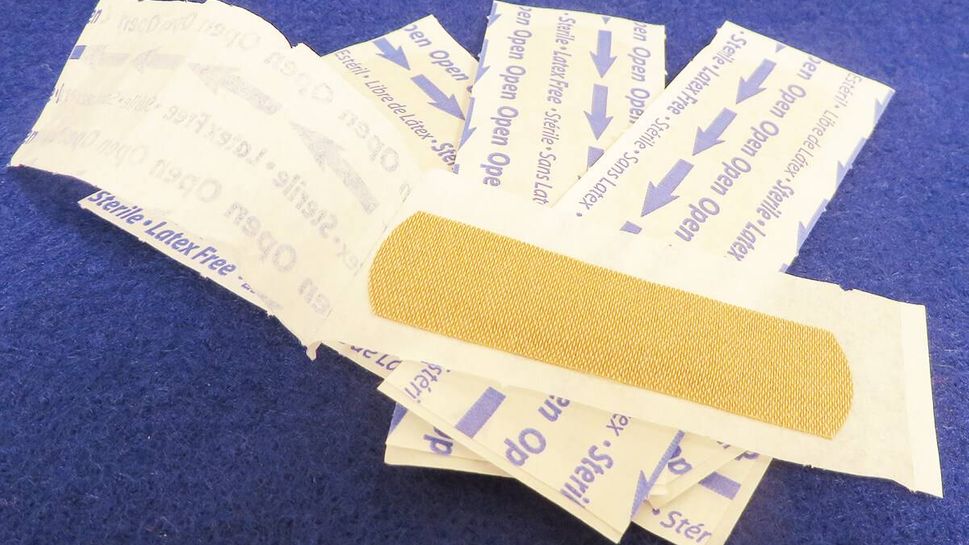
7. Medical Equipment
Unless you’re treating a specific condition that requires additional medical gear, like diabetes, there aren’t many essentials here. "Actually, the simple thermometer is all that is needed in this category besides band-aids, cleaning supplies and wraps," says Jalloh.
An infrared or digital thermometer is best; older glass mercury models are prone to breakage. If you already own a mercury thermometer, don’t trash it, since the chemical poses an environment danger. Instead, head to Earth911 to find out where it can be recycled locally.
You might also consider keeping tweezers for splinters, an antiseptic for cleaning cuts and a variety of wound dressings (gauze, tape, etc.) for a range of injuries.
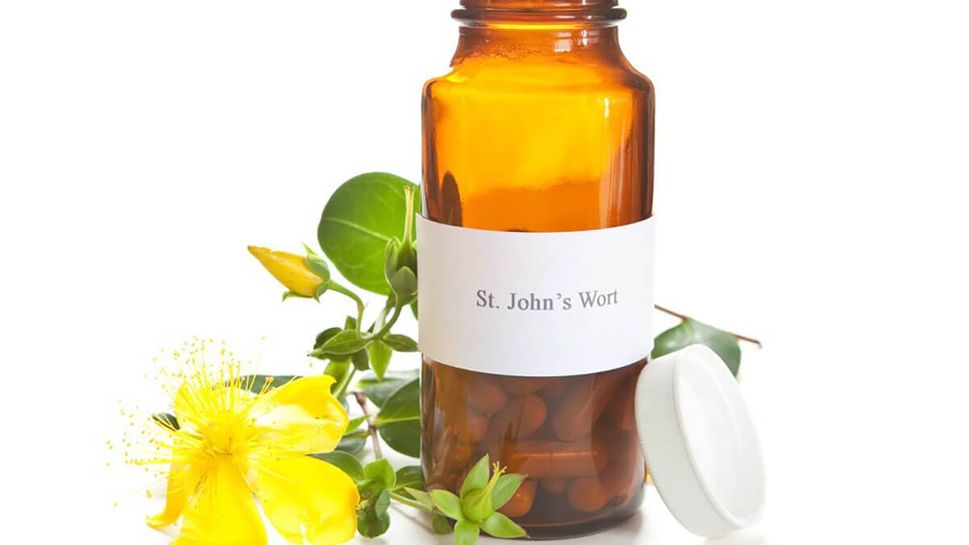
What You Don’t Need
Past-their-prime drugs should be the first to go. "Patients should remove all of their medications that are expired since they may no longer work or be safe to take," says Jalloh.
Potentially hazardous herbal supplements are next on the list — particularly ones that are well-known to pose dangers "Specific ones they should remove include: St. John's Wort (interacts with most medications), Kava (linked with liver damage), and Kratom (linked with psychosis, seizures and deaths)," among others says Jalloh. Talk to a doctor if you have questions about your supplements.
If you still need to declutter after that, dial an expert: "Patients should spend a day working with their pharmacist to slim down on medications," says Jalloh. It will save space and money, and give you peace of mind. And isn't that what having a medicine cabinet is all about?
Grandparents.com is a lifestyle website, social media community & peer group that unites & connects America's 70 million Grandparents to the best information and premier products & services just for them. Our goal is to promote well-being and give timely information on what really matters to you, from health and money to family and relationships to travel and retirement.

